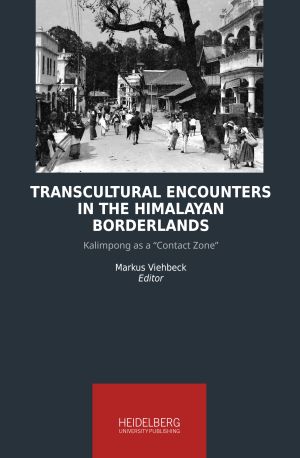Zitationsvorschlag
Lizenz (Kapitel)

Dieses Werk steht unter der Lizenz Creative Commons Namensnennung - Weitergabe unter gleichen Bedingungen 4.0 International.
Identifier (Buch)
Veröffentlicht
“The First Tibetan at a Western University?” - Entanglements of Scholarship, Buddhism, and Power in Kalimpong and Beyond
Abstract This paper uses the life trajectory of a particularly well-connected, though not commonly known Tibetan scholar to investigate the complex entanglements of global interests in Tibetan culture and the Buddhist religion with their local representatives in the Eastern Himalayas. Originally from Lhasa, Rindzin Wangpo (1920–1985) became a long-term resident of Kalimpong, where, in terms of knowledge production, he acted as a crucial link between Tibet and the world beyond it, working as a research assistant to many Western scholars, but also as an assistant to Dorje Tharchin (1890–1976) whose Tibetan-language newspaper Mélong provided Tibetans with access to global events. I will argue that this special position also helped shape his personal life, resulting in his reconsideration of his cultural background and a new orientation as a Buddhist that can be brought to light by examining his own writings on Buddhism and Tibetan culture.






